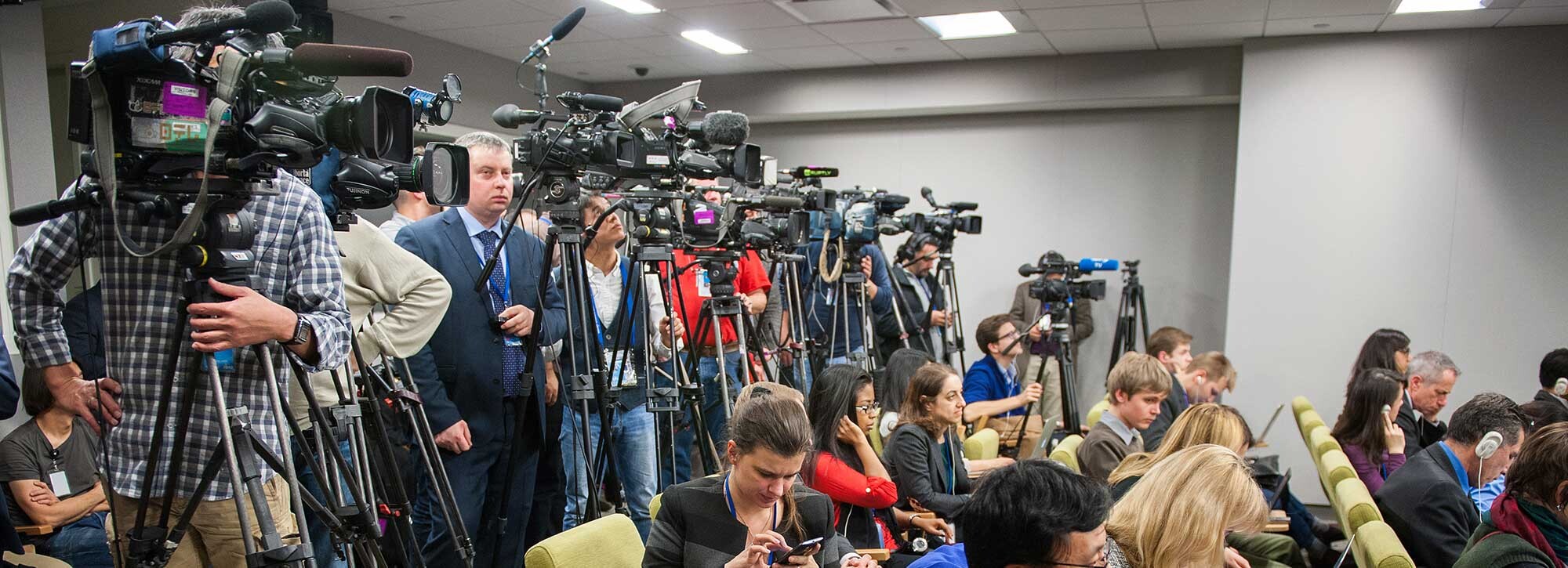About the Case
HIV/AIDS remains a public health crisis in the U.S. and around the world. There is no cure or vaccine for HIV, but a pill combining two HIV drugs, emtricitabine (FTC) and tenofovir disoproxil fumarate (TDF), sold by Gilead Sciences, Inc. (Gilead) under the brand name Truvada, effectively prevents infection if taken once daily. Yet fewer than 10% of at-risk individuals in the United States receive Truvada pre-exposure prophylaxis (“PrEP”) against HIV, and infection rates remain distressingly high, particularly among people of color and men who have sex with men. The primary barrier is price: Gilead charges approximately $2000 per month for pills that cost as little as $6 per month abroad, meaning that some insurers do not cover it and many individuals cannot afford to pay for it out-of-pocket. In 2018 alone, Gilead earned $3 billion in revenue on global sales, and, with a low manufacturing cost, Gilead collects enormous profits.
MFIA represents the PrEP4All Collaboration, a group of HIV/AIDS activists demanding dramatic reductions in price and expanded access to this life-saving drug, along with better clinical care for people with and at risk of HIV. Over the past several months, PrEP4All and allied activist groups have attracted attention from Congress and from national media, thanks in part to the support of MFIA and an allied program at Yale, the Global Health Justice Partnership (GHJP).
In March of this year, driven by extensive research by MFIA, GHJP, and PrEP4All, news broke nationally that it is not Gilead, but a public agency, the Centers for Disease Control and Prevention (CDC), that invented HIV PrEP. In fact, CDC not only invented PrEP but also holds patents on it.
With the help of former MFIA student Adam Pan, MFIA supervising attorney and licensed patent attorney Chris Morten analyzed the CDC’s patents for PrEP and concluded that they appear to be valid, enforceable, and infringed by Gilead. (Read the full statement and two-page summary). If CDC asserted these patents against Gilead, it could recoup the public’s investment in HIV PrEP and negotiate with Gilead to drive down the high price of the drug.
Yet CDC and the Department of Health and Human Services (HHS) have declined to assert their patents and have instead allowed Gilead to use CDC’s patents for PrEP for free, even in the face of Gilead’s profiteering. In effect, the government is letting a public asset -- its patents for PrEP -- go to waste as the HIV crisis continues. Through assistance with Freedom of Information Act (FOIA) requests and other legal help, MFIA has supported PrEP4All’s investigation of CDC and HHS.
In April, a STAT news story revealed that even though CDC has neglected its U.S. patents, it has asserted certain foreign counterpart patents in Australia and Europe against generic companies selling low-cost generic versions of Truvada there. The CDC is collecting royalties from these overseas generic manufacturers, driving up the cost of generic PrEP. The CDC has not explained why it has asserted its patents against generics overseas (thereby increasing prices for people who need PrEP) while declining to assert its patents against Gilead in the U.S. (thereby allowing Gilead to continue charging extortionary prices in the U.S.).
In March of 2019, GHJP joined PrEP4All in calling on the CDC to assert its U.S. patents for PrEP against Gilead and reach a licensing agreement that would generate royalty revenue that could, in turn, fund universal access to PrEP. GHJP and PrEP4All also called for greater transparency, as CDC and HHS continually refused to speak with community groups and kept their discussions with Gilead secret. In April of 2019, dozens of civil society groups including PrEP4All, GHJP, and Public Citizen came together to submit a joint letter to the CDC echoing these demands for CDC action, greater transparency, and public accountability.
These demands have not gone unnoticed. First, the Washington Post reported that the Department of Justice has launched a review of the CDC’s patents and Gilead’s apparent infringement, raising the prospect that the government is considering action against the drug company that could break in the direction of the public’s interest. In the face of mounting pressure, Gilead announced in May that it will let a generic manufacturer (Teva) introduce generic Truvada a year earlier than expected. Gilead also announced that it will distribute free doses of Truvada (and a likely follow-on PrEP product called Descovy) to 200,000 at-risk people annually for the next 11 years. While this was welcome news, many (including the NYT editorial board, drug policy experts and HIV/AIDS advocates) criticized the move as a PR stunt that does too little, too late: the donations do not come close to meeting the need for Truvada in the U.S. and do nothing to lower the price of the drug, which would be the most direct way to increase access.
In May of 2019, the House Oversight and Reform Committee summoned Gilead’s CEO, Daniel O’Day, and other witnesses to a hearing on “HIV Prevention Drug: Billions in Corporate Profits after Millions in Taxpayer Investments.” Lawmakers questioned O’Day about the company’s pricing for Truvada for PrEP and whether the public is receiving an appropriate return on its early investment in PrEP. During the hearing, New York congresswoman Alexandria Ocasio-Cortez cited Morten’s statement on the validity and enforceability of the CDC’s patents for PrEP. Morten and GHJP Co-Director Amy Kapczynski also submitted a letter to the Committee affirming the importance of these patents.
MFIA continues to represent PrEP4All in its efforts to increase transparency at CDC, to improve access to PrEP, and to fight HIV/AIDS.
